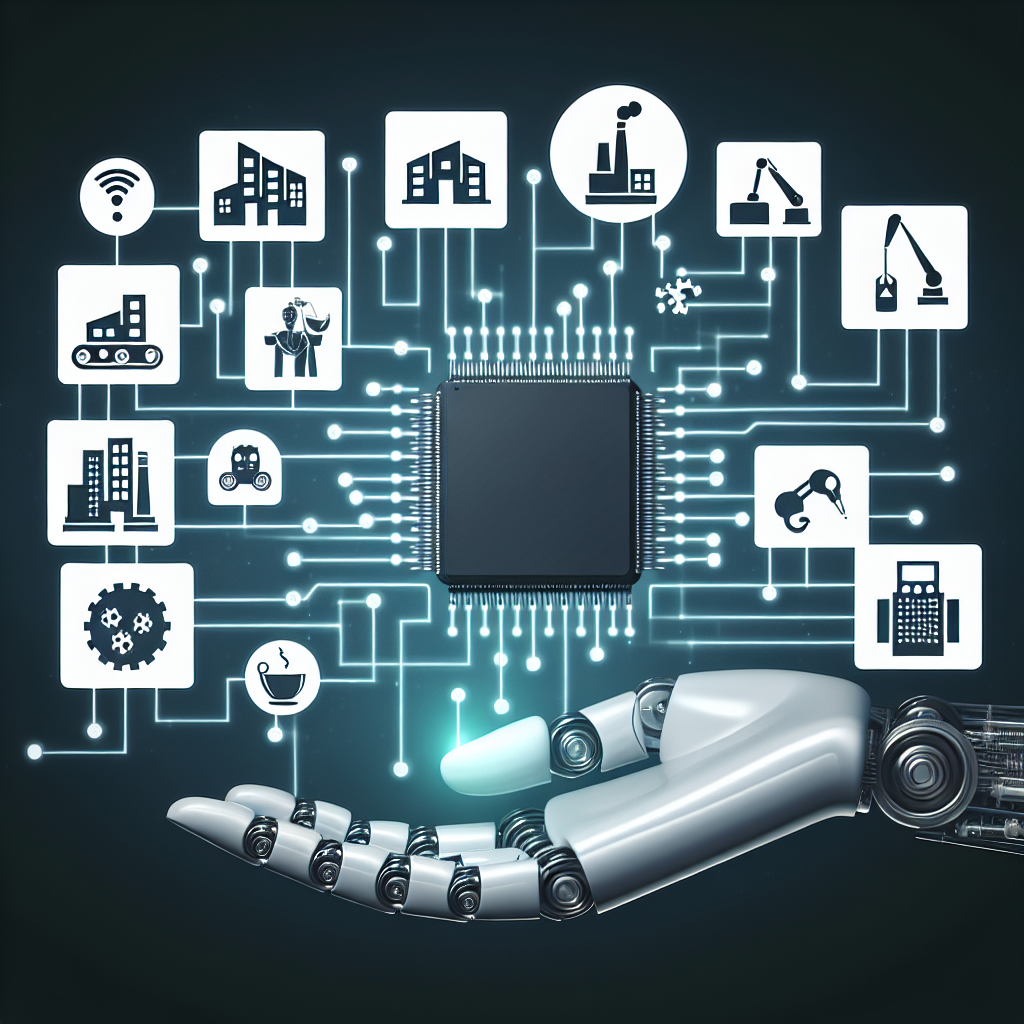The Impact of Artificial Intelligence on Industries: A Comprehensive Analysis
Artificial intelligence (AI) has rapidly become a game-changer for industries across the globe. From healthcare to finance, manufacturing to retail, the impact of AI is being felt in every sector. This comprehensive analysis delves into the ways in which AI is transforming industries and reshaping the future of work.
One of the most significant impacts of AI on industries is the automation of repetitive tasks. AI-powered robots and machines are increasingly being used to perform mundane and time-consuming tasks, freeing up human workers to focus on more complex and creative aspects of their jobs. This not only increases efficiency and productivity but also reduces the risk of human error.
In the healthcare industry, AI is revolutionizing patient care and diagnosis. AI algorithms can analyze medical images, such as X-rays and MRIs, to detect diseases and abnormalities with greater accuracy than human doctors. This has the potential to improve patient outcomes and reduce healthcare costs. AI is also being used to develop personalized treatment plans based on a patient’s genetic makeup, leading to more targeted and effective therapies.
In the financial sector, AI is transforming the way companies manage risk and make investment decisions. AI algorithms can analyze vast amounts of data in real-time to detect patterns and trends that human analysts may miss. This can help financial institutions make more informed decisions and mitigate risks. AI-powered chatbots are also being used to provide customer service and support, improving the overall customer experience.
In the manufacturing industry, AI is revolutionizing the production process. AI-powered robots can perform tasks with precision and speed, leading to increased efficiency and lower production costs. AI is also being used to predict machine failures and optimize maintenance schedules, reducing downtime and increasing productivity. Additionally, AI is enabling manufacturers to customize products on a mass scale, meeting the demands of individual consumers.
In the retail industry, AI is transforming the way companies interact with customers. AI algorithms can analyze customer data to personalize marketing campaigns and offer targeted product recommendations. AI-powered chatbots can provide 24/7 customer support, improving the overall shopping experience. AI is also being used to optimize inventory management, ensuring that retailers have the right products in stock at the right time.
In conclusion, the impact of AI on industries is far-reaching and transformative. From healthcare to finance, manufacturing to retail, AI is revolutionizing the way companies operate and interact with customers. As AI technology continues to advance, the possibilities for innovation and growth are endless. It is clear that AI is here to stay and will continue to shape the future of work in industries around the world.


